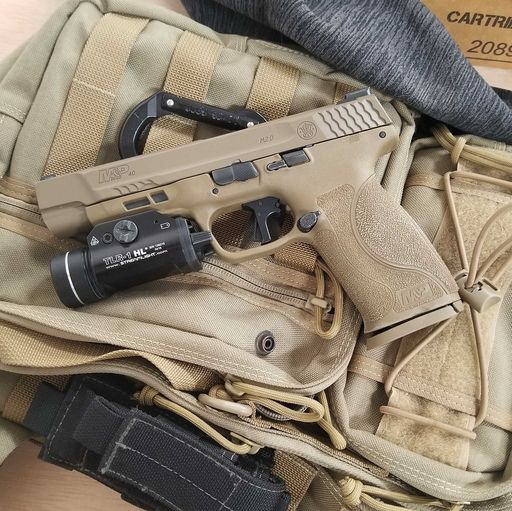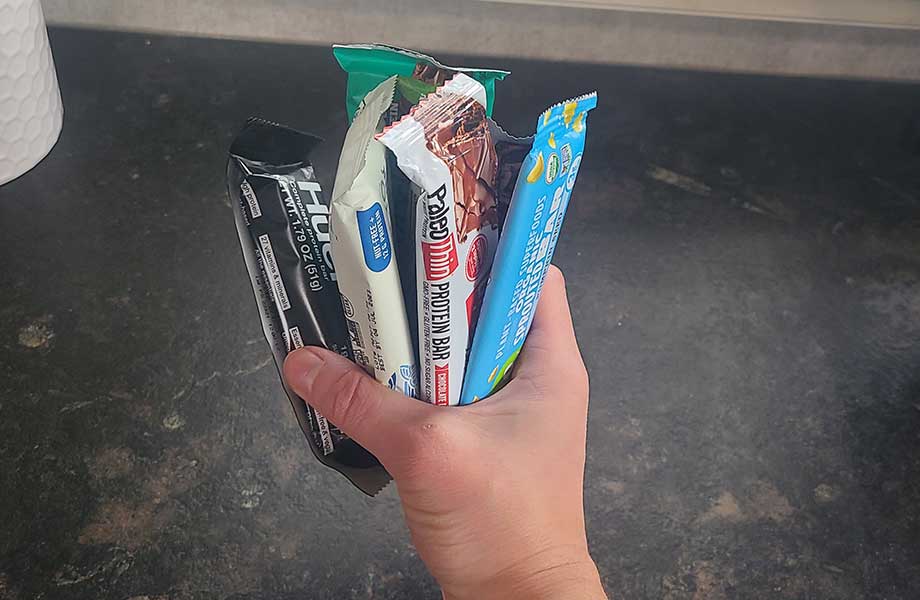Research: Research Article
Do We Need to Wait 3 Months After Corticosteroid Injections to Reduce the Risk of Infection After Total Knee Arthroplasty?
- SDC
Background:
Corticosteroid injections administered within 3 months before total knee arthroplasty (TKA) have been linked to increased risk of postoperative infection. However, it would be beneficial to further delineate the timing of injections to determine whether a narrower window exists for safe administration of corticosteroid injections. The purposes of our study were to (1) determine whether there were a different time frame between corticosteroid injection and primary TKA that increased infection risk and (2) determine risk factors associated with infection after TKA.
Methods:
TKA patients were identified from a national database from 2007 to 2017 and stratified based on their history of corticosteroid injections within the 6-month preoperative period. Patients who received injections were stratified into biweekly cohorts by the timing of their most recent injection. The 1-year rate of postoperative infection treated by surgical débridement was compared between injection and noninjection cohorts. Univariate logistic regressions of risk factors and a multivariate analysis for patient comorbidities and injection cohorts associated with increased infection risk were conducted.
Results:
In the 76,090 TKA patients identified, corticosteroid injection within 2 weeks before TKA increased the risk of postoperative infection (P = 0.02) and injections within 2 to 4 weeks trended toward increased infection in univariate regression. No significant differences were observed in any other injection time frames. In the multivariate analysis, injections within 2 weeks before TKA were identified as an independent risk factor (odds ratio: 2.89; P = 0.04) for postoperative infection. Additional risk factors included chronic obstructive pulmonary disease, coronary artery disease, diabetes, ischemic heart disease, obesity, rheumatoid arthritis, and tobacco, whereas female sex and patient aged older than 65 were protective.
Discussion:
Our results suggest that TKA performed within four weeks of a corticosteroid injection may be associated with a higher risk of postoperative infection; however, delaying surgery more than four weeks may not provide additional infection risk reduction. Further prospective randomized studies are needed to determine the optimal timing of TKA after corticosteroid injections.
Level of Evidence:
Level III











